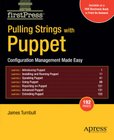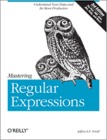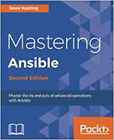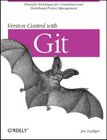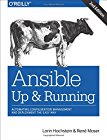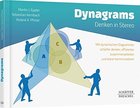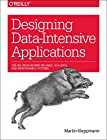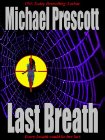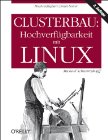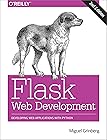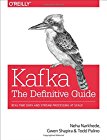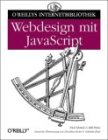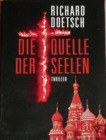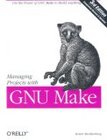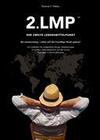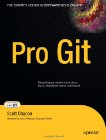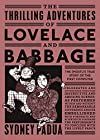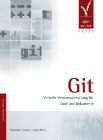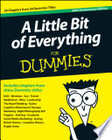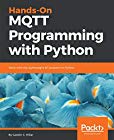
Once, when I picked up a book from the local library, the librarian asked to tell her what I thought about the book when I would bring it back. Well, why not write a few lines about all the books I read so everybody could see what I thought about it? I'm often also happy to have friends recommend a certain book or tell me this and that is not really worth reading. I won't comment about the tons of books I have read so far, but about books I read from now on.
| highly recommended | sehr empfohlen | |
| good reading | gutes lesematerial | |
| average | durchschnittlich | |
| not too interesting | nicht allzu interessant | |
| recommended not to read it | empfehlung das buch nicht zu lesen |














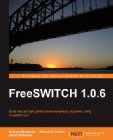



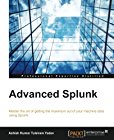










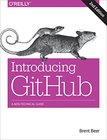
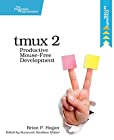















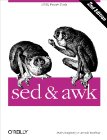































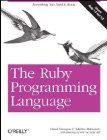

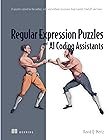






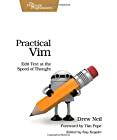






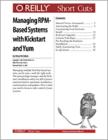





 |
|
|---|---|
| title | Hands-On MQTT Programming with Python |
| author | Gaston C. Hillar |
| ISBN-10 | 1-789-13854-X |
| ISBN-13 | 978-1-789-13854-2 |
| ASIN | |
| rating | |
| date | 2019-Jul-17 |
There are good things about this book and not so good things. At around 200 pages, the book is not too big. It is easy to read, kept in understandable language. But at this page count, it feels overly repetitive: "We are going to see how to do X", "To do X do X.1", "To do X do X.2", "To do X, do X.3", "We have seen how to do X".
The story used in the book to go along is about monitoring and/or controlling drones, small vehicles or surfboards. But it does not require you to actually own one of the boards or devices mentioned, everything is kept in 'simulation mode' and can be run on a PC.
What I definitely like about the book is, that it shows you how to perform everything you need to follow along. The author does not assume that you know how to install a Mosquitto server or how to setup a venv environment in Python, or how to create self signed SSL certificates. He explains all these steps detailed in an easy to follow way for those readers who may not be familiar with these tasks. So to follow along, you don't really need to know much, you'll really be guided well through everything required. Before the book starts with the actual programming (after more than half the page count), it does explain MQTT and shows how it works and how to use it. So it is, in my opinion, mostly a book about MQTT and explains how this protocol works and how to use it with Python code. If your main goal is to learn about MQTT, a good choice.
If you are more interested in how to write Python code interacting with MQTT, rather than how MQTT works, then I would not really recommend this book. I am not a professional programmer, but neither is Python something new for me. Although the code presented and built step by step does work, it is, in my opinion, quite flawed. Connections to the MQTT server are stored as class variables, rather than instance variables (which I still could see as useful in certain specific situations); class methods are declared as static methods (normally used if the method does not need anything from the class) but then access things in the class by referencing the class name; a method is created which builds a non-changing dictionary from scratch each time the method is called... Again, I am not a professional programmer, but to me the code looks like a mess. Personally, I only used a few lines from it, had a look at the paho.mqtt.client help and successfully and quickly built my project in a way I think is more sensible.
You want an introduction to MQTT and/or the Mosquitto Server? This book is OK for you. You want to learn how to write Python code accessing an MQTT server? Don't use this book.

































